8. The Apartment (Billy Wilder, 1960)
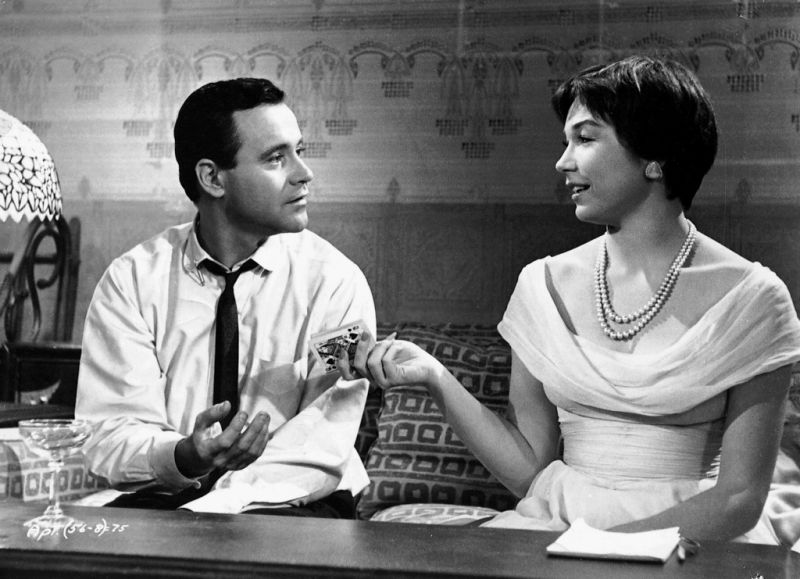
Jack Lemmon plays C.C. Baxter in Billy Wilder’s fantastic comedy “The Apartment”. It is a film about an office worker who allows his boss to use his apartment for his romantic affairs, hoping to eventually get a promotion.
In today’s money world, employees are just tools that make the system work. If they can be used for economical purposes, why not use for something else as well? “The Apartment” makes evident the slavery that money has provoked, when employees like Baxter are forced to lend their private spaces in the hope of receiving a better payment or a better position. Money has shifted the way we relate to others. We no longer do things for others unless we expect something in return. New values are born and the old ones are rendered obsolete.
Is this really the best of both possible worlds? Maybe, but not for everybody, and most of us are just pawns subordinated to sustain the system we live in. It is not a coincidence that the communist movements have been so popular in the last decades, for while they might or might not be able to set up the work-free and abuse-free utopia they propose, they are at least an alternative.
Once we feel oppressed we start looking for ways to free ourselves; it is a natural instinct and a very important one, for it might be one of the most important motors of history. Condensed in “The Apartment” we can find the entire economical history of mankind.
9. Harold and Maude (Hal Ashby, 1971)
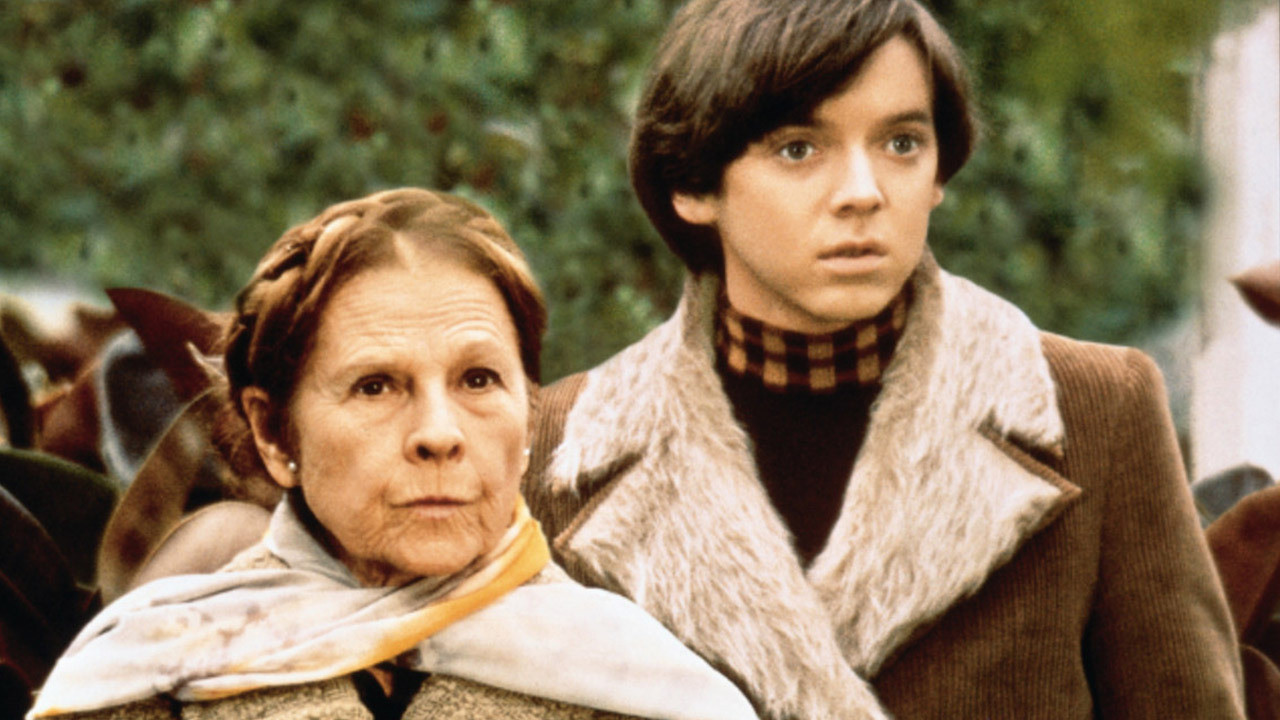
Hal Ashby’s “Harold and Maude” is a peculiar film about a young man obsessed with death, who falls in love with an old lady he meets thanks to his hobby of attending funerals. Harold likes to fake his own death; it could be said the he was actually born to die, and his entire life is a simulacrum of that final moment.
On the contrary, Maude, despite her age, is a very vivid figure filled with life and joie de vivre, someone who in her love of life could be considered as a Nietzchean übermensch. Thus in the film youth is a symbol for death and the old age a symbol for life, a very sweet irony that after some reflection uncovers a couple of metaphysical truths.
“Harold and Maude” gives a very heartwarming feeling; it could even pass as a romantic comedy despite the age gap between both characters. The very obvious dichotomy between life and death allows us to ask ourselves what it really means to be alive. Is it through our actions that we achieve the right to live in this world? And, given that we don’t really know what will happen after we die, is it really necessary to stay alive? Suicide doesn’t seem so radical once you consider the idea that death might not be the end of it, but just a new beginning.
10. Herod’s Law (Luis Estrada, 1999)
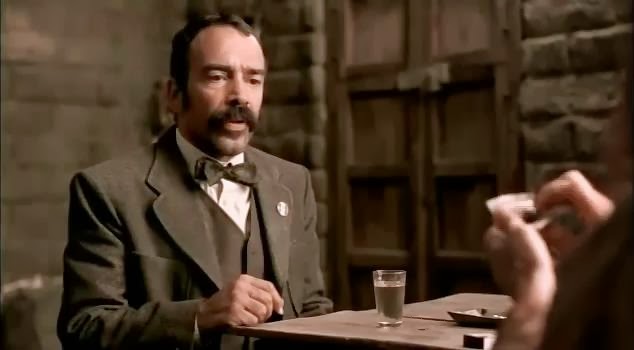
Herod’s Law is a part of the political trilogy directed by Luis Estrada, followed by “El Infierno” and “La Dictadura Perfecta”. It follows a janitor, played by Damian Alcázar, who becomes the mayor of his town after the former mayor is killed by a furious mob. The janitor starts his government with a good hearth and pure intentions, but is eventually corrupted by power and killed by a mob, repeating the path of his predecessor.
The film is about the generalized political state of things in México, making some clear references to certain political parties, but if we take away the cultural context of the film, what we are left with is a story about the corruption that always comes once an individual finds himself in a position of power.
Hierarchy is important for social order, and every race of social animals has one that allows them to live in packs, guaranteeing the well-being of the entire community. That’s what we try to do with our political systems, but we no longer see for the good of the others. We have our will, which becomes like a dictator in the mind of those in the position of making decisions. What happens when our interests become stronger than our responsibility and our sense of community? According to “Herod’s Law”, nothing good.
11. Love and Death (Woody Allen, 1975)
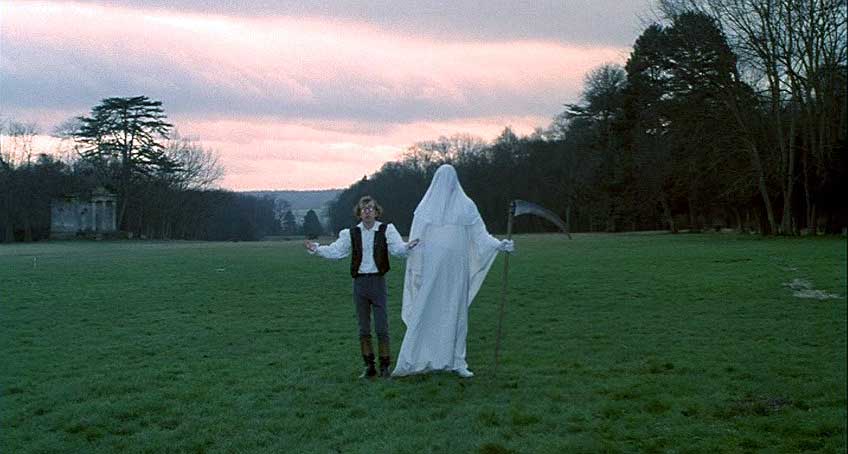
“Love and Death” are the two most awe-inspiring, fascinating subjects humans have thought about, and it’s also the name of a Woody Allen film. Set in the times of czarist Russia, “Love and Death” narrates the story of Boris Grushenko, who is condemned to execution after attempting to kill Napoleon to finally put an end to the wars that keep him from enjoying his life.
With many references to Russian literature and to Ingmar Bergman, Woody Allen portrays the fear of death with a very extravagant sense of humor. Without spoiling the end, the film can be taken as an allegory to the imminence of death; it takes us all and there is nothing that can save us from it. It doesn’t matter if we receive a message from God or try to challenge Death to a chess game.
12. Broken Flowers (Jim Jarmusch, 2005)
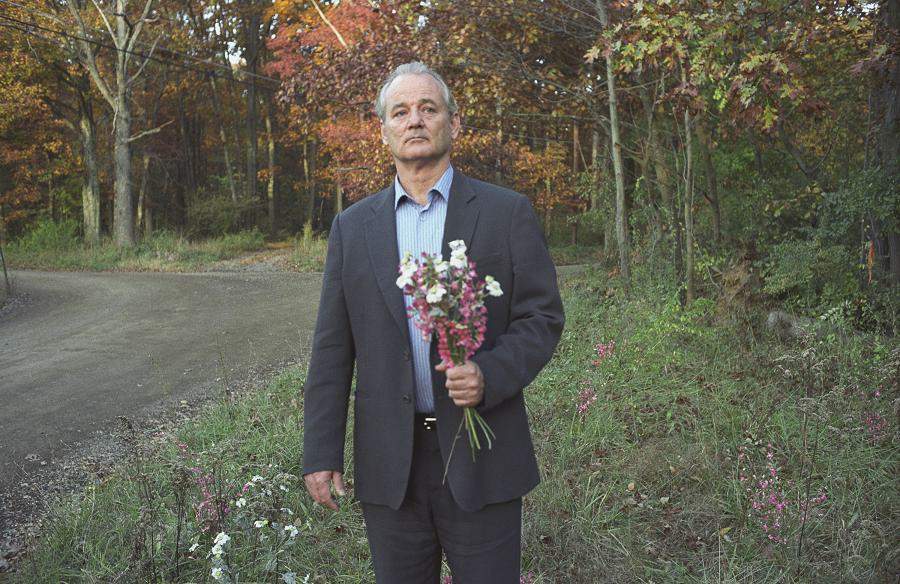
Jim Jarmusch has always been concerned with the issue that represents the Other; he asks, “who is that one if he isn’t me?” It’s a weird feeling, the one that we experience once we realize that those around us have their lives of their own, their own personal history of which we can only get to know a small fragment. It is in this search of the Other that we try to find ourselves; that’s what we see in Jim Jarmusch’s films and “Broken Flowers” is no different.
Don, played by Bill Murray, after being left by his girlfriend, receives a letter in the mail by an old, unidentified lover who got pregnant by Don and decided not to tell him after they broke up. In the letter she tells him that his now grown-up son might go searching for him. His friend Winston, played by Jeffrey Wright, decides to help him and gathers all information necessary so Don could visit all of his past lovers from that time and find out who could be that mysterious sender.
The film, as I already stated, is about the curiosity that other people wake up in us, but it is also about that strange feeling of going back to the past. After a lot of doubt, Don makes the trip and visits his ex-girlfriends. With the intention of finding out who is the mother of his alleged son, he takes a peek into their new lives. After 20 years he realizes much has changed, and each visit is a contrast between the remembered past and the restless movement of time.
13. Darjeeling Limited (Wes Anderson, 2007)
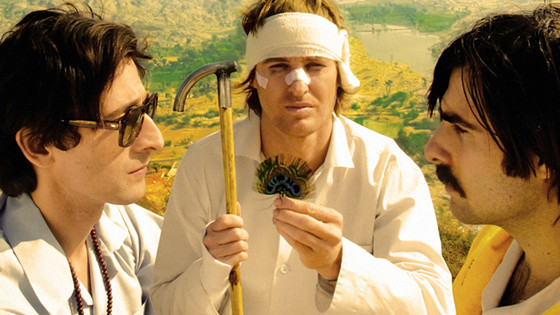
“Darjeeling Limited”, directed by Wes Anderson in 2007, is the story of three brothers who, after a long time of not talking to each other, embark on a trip to India in search for some spiritual insight. Very stylized as always with Wes Anderson, the film shows three humans struggling to get along, each of them with their own sufferings and anxieties. It is about learning to cope with one’s feelings and to be true to yourself, whatever that means.
Here we can also find the search for illumination as an excuse to forget about ourselves, only this time it is attempted through spiritual tourism. The conflicts of the characters, in harmony the bourgeois sadness that is usually present in Anderson’s films, help us to realize something: we like being sad, we enjoy feeling down and having issues, we find a sinister pleasure in suffering. That might sound contradictory, but aren’t we contradictory creatures? Melancholy is, after all, one of the most sublime feelings we can experience.
14. Zelig (Woody Allen, 1983)
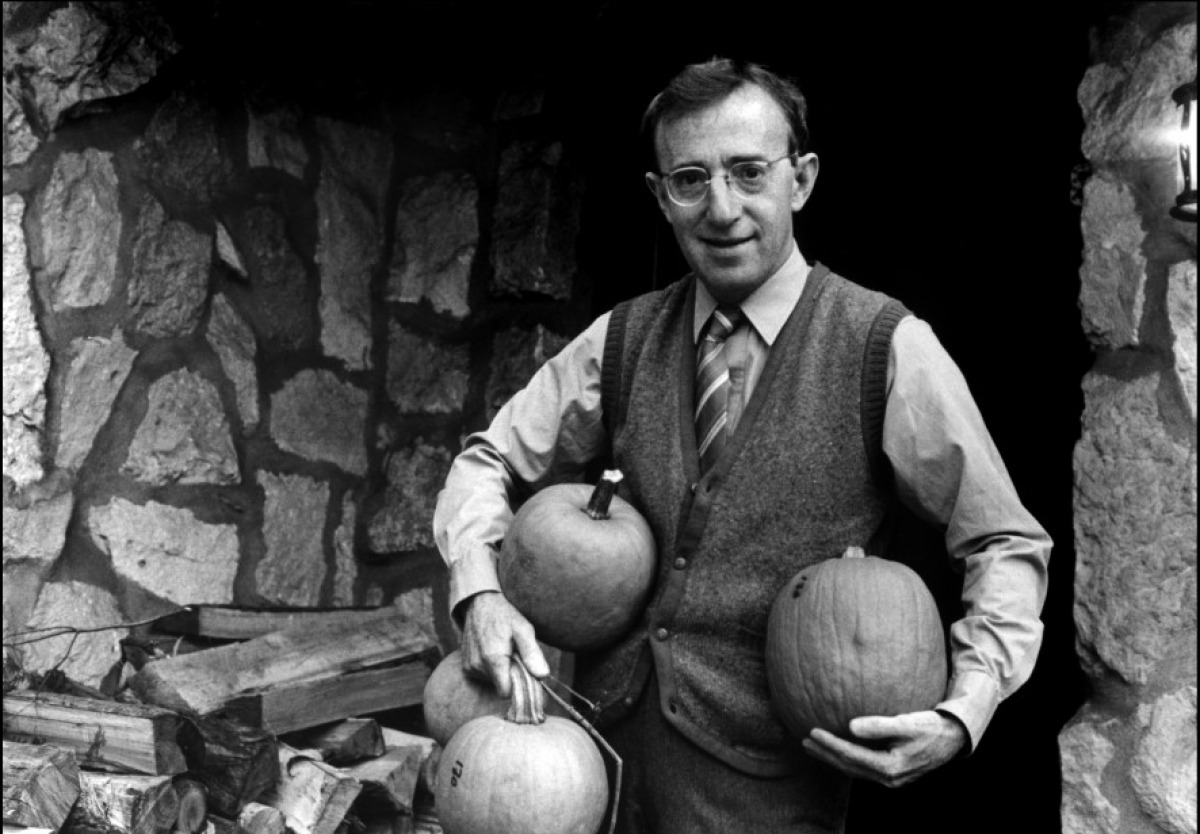
We all ask ourselves from time to time, “who am I?” Woody Allen did, he extrapolated that question to its most absurd consequences, and “Zelig” is what came out of it. Filmed in 1983, “Zelig” is probably the most insane and interesting exercise of creativity in Woody Allen’s repertoire.
Shot in black and white and with interviews to intellectuals like Susan Sontag, “Zelig” takes the form of a documentary about a man who unwillingly changes his physical and his psychological form according to the kind of people that surrounds him. It is the desire of acceptance at its peak.
What Woody Allen made with this film is a ballad about the postmodern isolation that is so common to the life in the big cities, where we are taken away from the sense of security that the family brings us and are forced to live amongst millions of persons equally isolated.
That makes us crave for belonging; it is our primal instinct telling us that if we live alone we most likely won’t survive, thus we go around looking for social groups where we would feel accepted, even if that means doing things that contradict our nature. Who are we then, when we need to show a different face every day or face loneliness?
15. Modern Times (Charlie Chaplin, 1936)
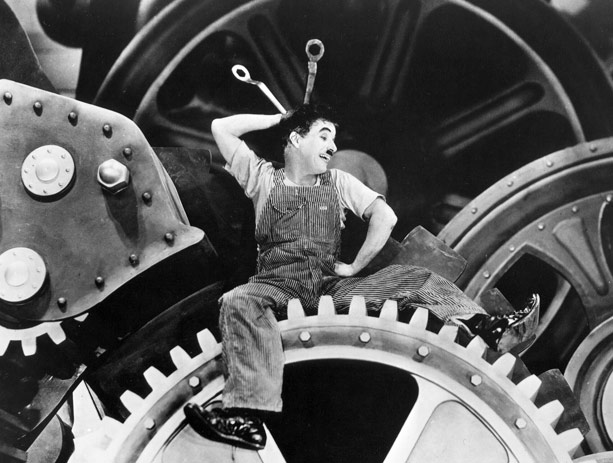
Charlie Chaplin is easily the most respected and praised comedian who has ever shared his views of the world through film. His distinctive character, the Tramp, usually goes around the city facing the absurd and the unexpected, always involved in ludicrous situations, and it is though him that Chaplin portrays with the eye of a poet the world we have to live in, the complications of daily life, and the place of emotions in our lives.
In “Modern Times”, Chaplin deals with the consequences of the Industrial Revolution and the impact it had on the individual. In this film he plays a factory worker. Turned into a biological machine, his job consists of tightening bolts, a dull and repetitive task that makes him forget he is a human being. Outside, in the streets of the city, there is a strike; he is mistakenly taken for a demonstrator by the police and is then thrown in jail.
The character played by Chaplin in this film serves as a portrayal of the contemporary city-dweller, stuck in a job where they are just another replaceable cog of the machinery, beaten by the police when they decide to speak their minds. The comical absurd of the film is just a veil that suggests to us the true, bitter reality.
Author Bio: Emilio Martínez Frausto is an Architecture student lost in Mexico City. Two of his greatest passions are literature and cinema. He is currently trying to find a way to cope with existance and to decide what he wants to do with his life. He writes poetry, short stories and film scripts.